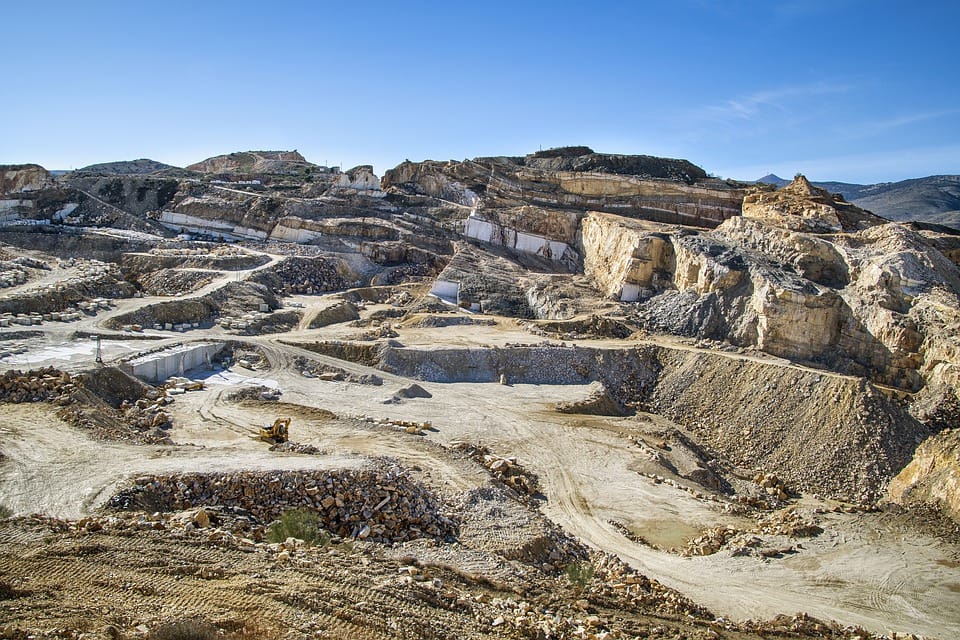Exploring the Economic and Environmental Impact of Mining in Western Australia
Western Australia is renowned for its rich mineral deposits and extensive mining industry, with many large-scale mining operations scattered throughout the region. However, as with any human activity that extracts natural resources, mining in Western Australia has significant economic and environmental implications. In this article, we will delve into the economic and environmental impact of mining in Western Australia, exploring the benefits and drawbacks of this critical sector.
Economic Impact
Mining is a significant contributor to Western Australia’s economy, generating substantial revenue and creating employment opportunities. The industry is responsible for approximately 22% of the state’s GDP, with the majority of this revenue coming from the extraction of iron ore, gold, and other precious metals (Department of Mines, Industry and Reform, 2020). The mining industry also supports thousands of jobs, directly and indirectly, which has a positive impact on local communities and the overall economy.
One of the significant benefits of the mining industry is the injection of capital into local communities. The revenue generated from mining is invested in infrastructure, healthcare, education, and public services, which improves the standard of living for residents. Additionally, the industry’s presence in regional areas has led to the development of new towns and cities, such as Port Hedland and Karratha, which have become major commercial and industrial hubs.
Environmental Impact
While the economic benefits of mining in Western Australia are substantial, the industry’s environmental impact is a significant concern. Mining activities can have devastating effects on the environment, including:
- Land Degradation: Mining operations often involve the disturbance of large areas of land, leading to soil erosion, habitat destruction, and increased sedimentation in waterways.
- Water Pollution: Mining activities can contaminate water sources, damaging aquatic ecosystems and affecting human consumption and aquatic life.
- Noise Pollution: The extraction and transportation of minerals can generate significant noise pollution, which can disrupt the natural environment and affect local wildlife.
- Carbon Emissions: The burning of fossil fuels during mining operations contributes to greenhouse gas emissions, exacerbating climate change.
Despite these concerns, many mining companies in Western Australia are taking steps to mitigate their environmental impact. This includes the implementation of sustainable practices, such as:
- Rehabilitation and Reclamation: Companies are working to rehabilitate mined land, restoring ecosystems and habitats, and promoting biodiversity.
- Water Monitoring and Management: Mining companies are implementing rigorous water monitoring and management systems to prevent contamination and minimize the impact on aquatic ecosystems.
- Carbon Reduction: Some mining companies are exploring alternatives to traditional fossil fuels, such as renewable energy sources, to reduce their carbon footprint.
Conclusion
The mining industry in Western Australia is a significant contributor to the state’s economy, generating substantial revenue and creating employment opportunities. However, it is essential to acknowledge the potential environmental impact of mining activities. As the industry continues to grow, it is crucial that companies prioritize sustainability and environmental responsibility. By adopting best practices, mining companies can minimize their footprint and ensure a positive legacy for future generations.
FAQs
Q: What is the most significant environmental concern related to mining in Western Australia?
A: Land degradation and water pollution are significant concerns, as mining activities can lead to soil erosion, habitat destruction, and contamination of water sources.
Q: What measures are being taken to mitigate the environmental impact of mining?
A: Many mining companies in Western Australia are implementing sustainable practices, such as rehabilitation and reclamation, water monitoring and management, and carbon reduction initiatives.
Q: What is the economic importance of the mining industry in Western Australia?
A: The mining industry generates approximately 22% of the state’s GDP, supports thousands of jobs, and injects significant revenue into local communities, improving the standard of living for residents.
Q: Can mining be done sustainably?
A: Yes, many mining companies in Western Australia are adopting sustainable practices, such as rehabilitation and reclamation, water monitoring and management, and carbon reduction initiatives, to minimize their environmental impact and promote long-term sustainability.
Q: What is being done to reduce the carbon footprint of the mining industry?
A: Some mining companies are exploring alternatives to traditional fossil fuels, such as renewable energy sources, to reduce their carbon emissions and contribute to a more sustainable future.
By understanding the economic and environmental implications of mining in Western Australia, we can work towards a more sustainable and environmentally responsible industry that balances the needs of people, the economy, and the environment.

Leave a Reply